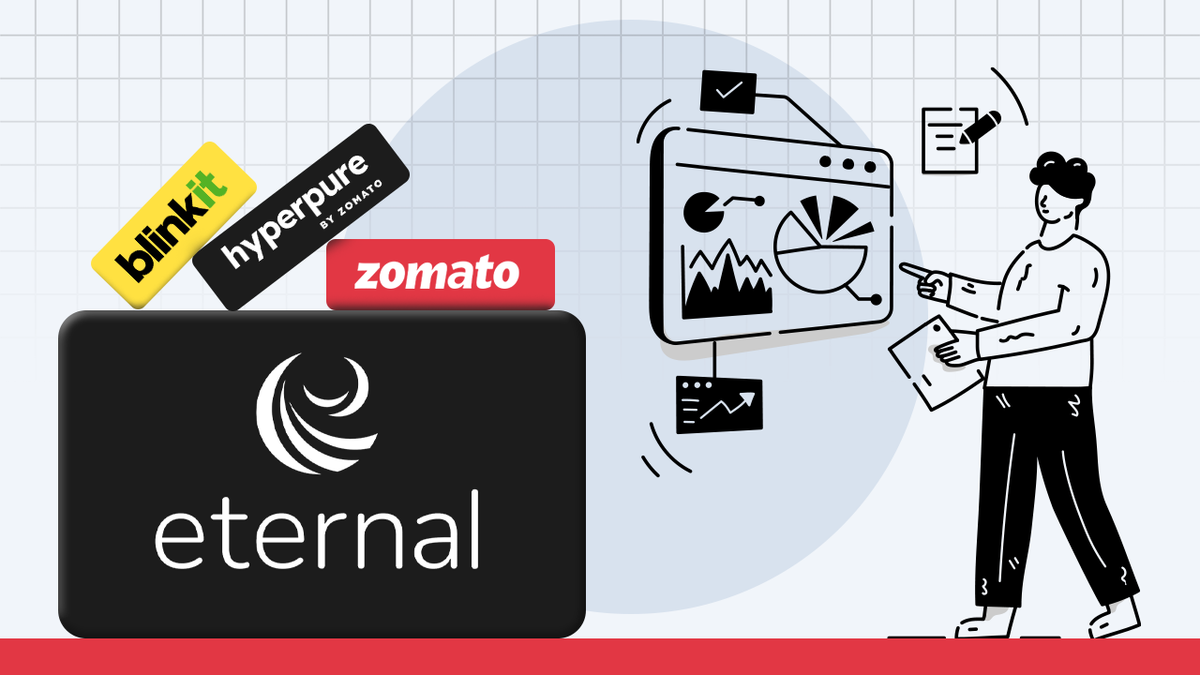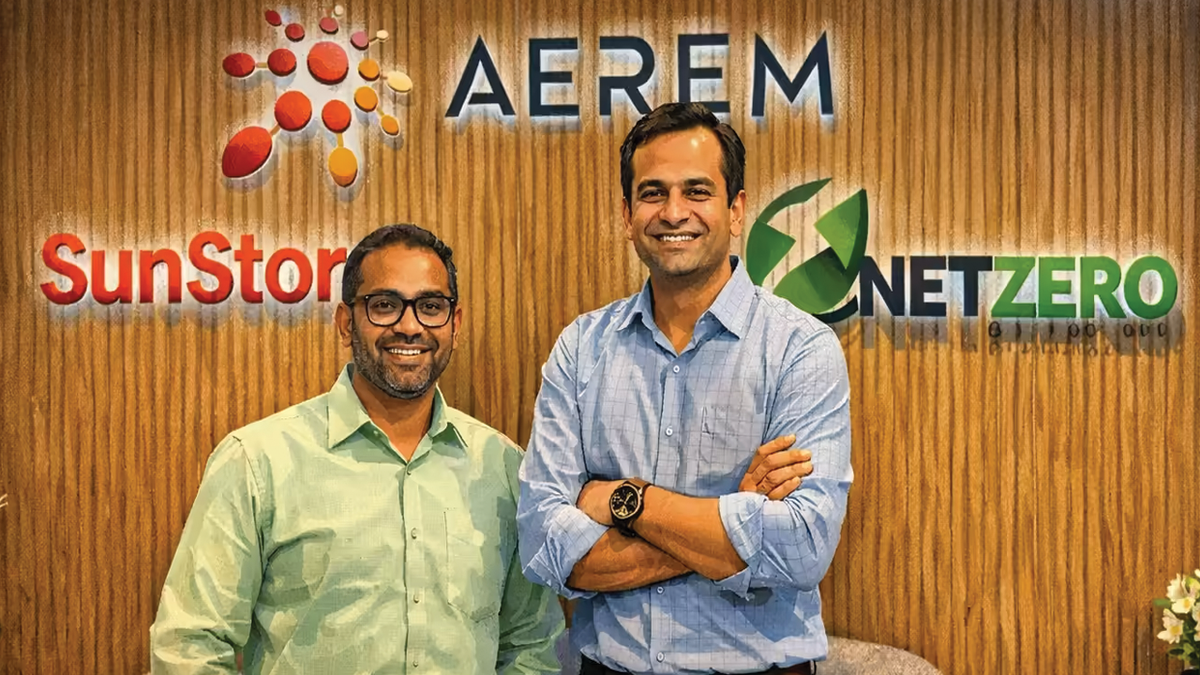A Practical Guide to Building Autonomous AI Agents
OpenAI has introduced a comprehensive and technically sound guide titled A Practical Guide to Building Agents, which is specifically designed for engineering and product teams interested in the development of autonomous AI systems. By leveraging real-world applications, the guide provides a systematic method for recognising appropriate use cases, designing agents, and implementing robust safeguards to ensure their reliability and safety.
Understanding an Agent
The term agent refers to autonomous systems that carry out multi-step tasks with minimal human intervention, unlike traditional LLM-powered applications like single-turn chatbots or classification models. These advanced systems incorporate reasoning, memory, tool functionality, and workflow administration.
An agent consists of three core elements:
- Model — The LLM that drives decision-making and reasoning.
- Tools — External APIs or functions utilised to execute actions.
- Instructions — Structured prompts outlining the agent’s goals, behaviours, and limitations.
When to Consider Developing an Agent
Developing an agent is advantageous for workflows that surpass the limits of standard rule-based automation. Common scenarios include:
- Complex decision-making tasks, such as intricate refund approvals in customer service.
- Rule systems that require constant maintenance, like compliance workflows that are fragile or challenging to scale.
- Engagement with unstructured data, including document parsing and contextual natural language communication.
The guide stresses the importance of thorough validation to confirm that an agent-level reasoning process is necessary before implementation begins.
Technical Essentials and Overview of the SDK
The OpenAI Agents SDK presents a versatile code-first framework for creating agents using Python. Developers can define agents declaratively by choosing models, registering tools, and specifying prompt logic.
OpenAI categorises tools into the following groups:
- Data tools — For retrieving context from databases or document stores.
- Action tools — For writing or updating data, and triggering downstream services.
- Orchestration tools — Agents themselves that can be called as sub-modules.
Instructions should stem from operational procedures and be articulated in clear, modular prompts. The guide suggests the use of prompt templates with variable parameters for increased scalability and maintainability.
Orchestration Approaches
The guide discusses two main architectural models:
- Single-agent systems — A single, looped agent managing the complete workflow, ideal for simpler scenarios.
- Multi-agent systems:
- Manager pattern — A central coordinator assigns tasks to specialised agents.
- Decentralised pattern — Peer agents independently exchange control among themselves.
Both designs support adaptable execution paths while maintaining modularity via function-based orchestration.
Implementing Safeguards for Safe and Predictable Operations
The guide details a multi-layered protective strategy to reduce risks, including data leakage, inappropriate responses, and potential system abuse:
- LLM-based classifiers — For ensuring relevance, safety, and detecting personally identifiable information (PII).
- Rules-based filters — Including regex patterns, input length constraints, and enforcement of blacklists.
- Tool risk assessments — Assigning sensitivity ratings to external functions and controlling their execution accordingly.
- Output verification — Making sure responses are consistent with the organisation’s tone and compliance standards.
Guardrails are built into the agent runtime, allowing simultaneous assessment and intervention when violations occur.
Incorporating Human Oversight and Escalation Mechanisms
Recognising that even well-crafted agents might face ambiguity or need to handle critical actions, the guide advocates for the inclusion of human-in-the-loop strategies. These strategies include:
- Failure thresholds — Escalating issues after multiple misinterpretations or tool failures.
- High-stakes actions — Directing irreversible or sensitive tasks to human oversight.
Such approaches facilitate gradual implementation and enable trust to develop over time.
The guide positions OpenAI’s framework as a method for designing intelligent agents that are functional, manageable, and ready for production. By amalgamating sophisticated models with targeted tools, structured prompts, and stringent safeguards, development teams can transition from experimental prototypes to resilient automation infrastructures.
The framework serves as a strong foundation for integrating agents into practical applications, whether managing customer workflows, processing documents, or generating developer tools. OpenAI advises initiating with single-agent deployments and gradually expanding to multi-agent orchestration as complexity increases.







